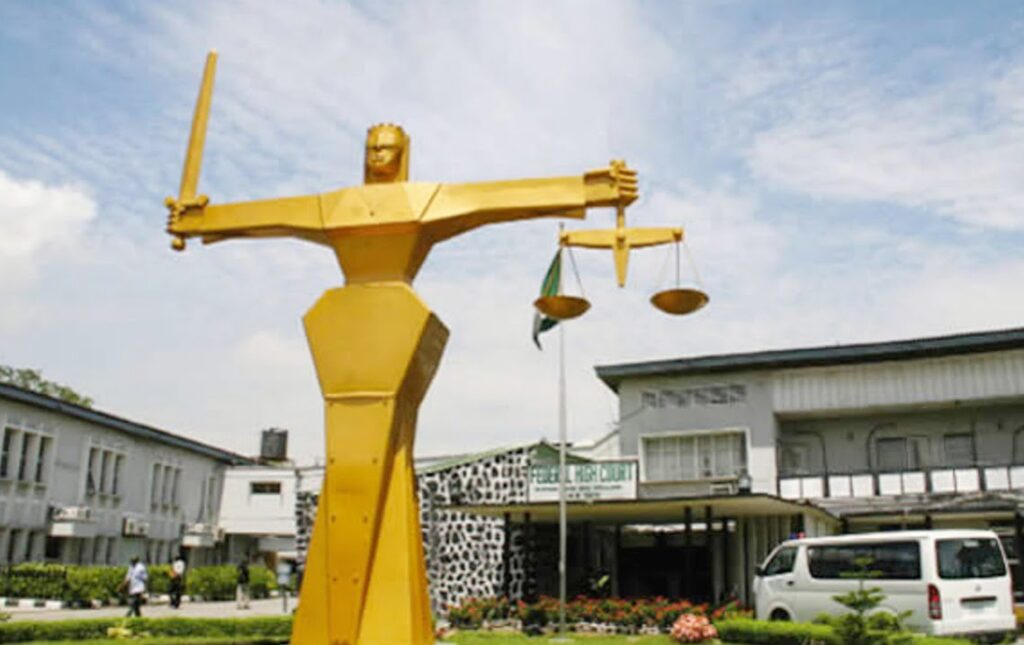In a significant development, the Benue State High Court in Makurdi, Nigeria, has rejected a motion filed by the All Progressives Congress (APC) to investigate the court’s registry.
The court’s decision, made on Wednesday, centered on an application brought by the APC, which sought an investigation into the alleged appearance of counsel’s signature on a specific court document, known as Originating Motion No. MHC/1587M/2024. The APC also requested a stay of proceedings pending the outcome of the inquiry.
However, Justice Kume, who presided over the case, declined the motion, ruling that it would prejudice a pending preliminary objection related to the competence of the suit, which shares similar grounds and effects.
In response, the legal team representing Austin Agada, the Benue State Chairman of the opposition party, APS, requested an adjournment to review the processes served in court. The request was made by F.A. Nomor, who appeared alongside several lawyers.
Notably, S.D. Swem Esq, representing Matthew Burkaa SAN and Basil Hemba Esq, representing Dikko, SAN, did not oppose the court’s ruling. The court has scheduled October 30th, 2024, to hear all other applications and the substantive suit.
The ruling marks a significant development in the ongoing case, with the court opting to prioritize the preliminary objection to the competence of the suit. The case’s progression will likely be closely watched, given the high stakes involved.
The court’s decision to decline the motion and set a new hearing date reflects its commitment to ensuring a fair and efficient trial process. As the case unfolds, attention will be focused on the court’s handling of the preliminary objection and its impact on the substantive suit.
The rejection of the motion also highlights the complexities of the case, which involves multiple parties and raises questions about the court’s processes and procedures. The court’s ruling underscores the need for careful consideration of the potential implications of each motion and the importance of prioritizing the integrity of the trial process.
As the case proceeds, it is likely that the court will continue to grapple with complex legal issues and competing interests. The outcome will have significant implications for the parties involved, and the court’s handling of the case will be closely scrutinized.
